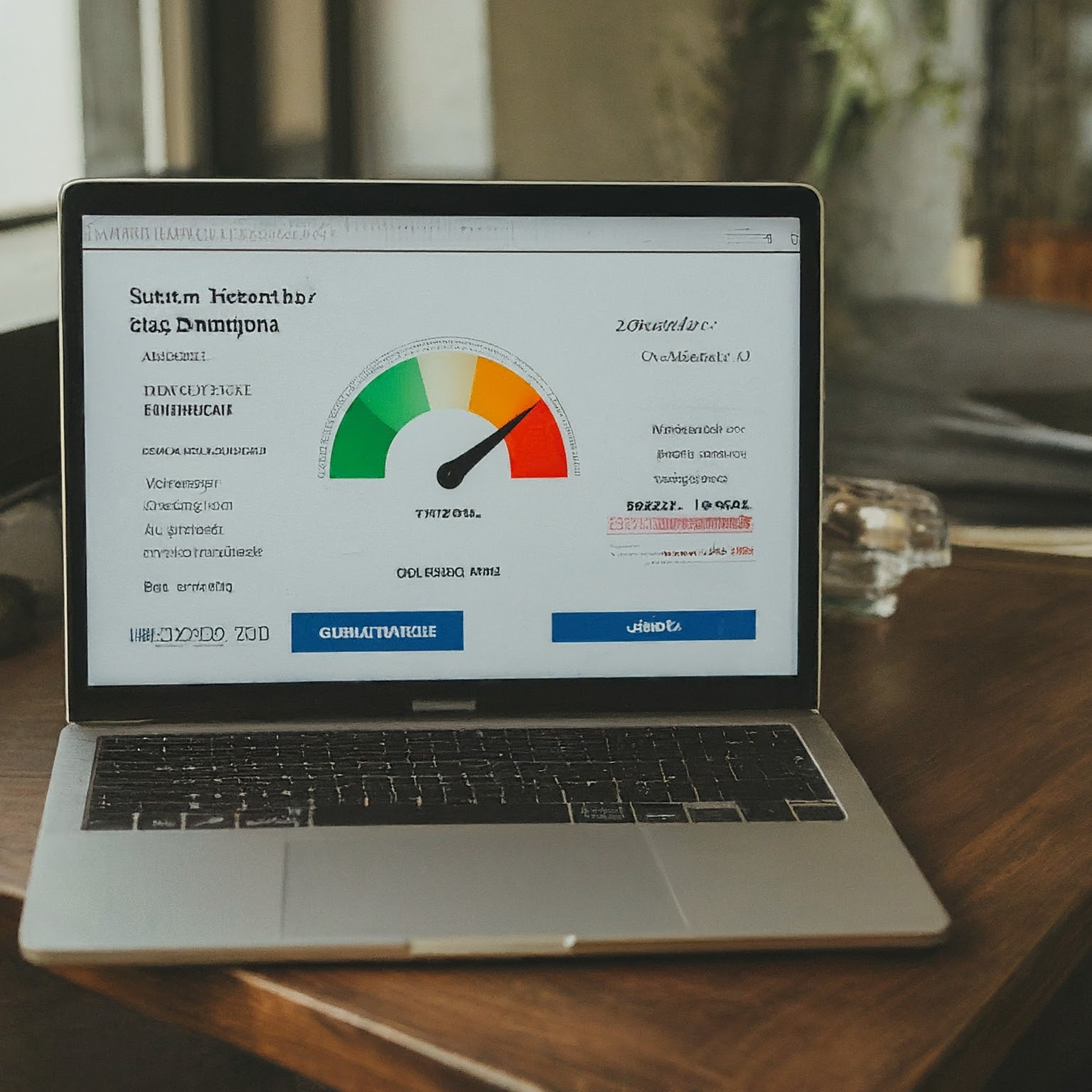In today’s digital age, a fast and reliable internet connection is essential for both personal and professional life. However, determining the actual speed of your internet connection can be perplexing. This is where test internet tools come into play, providing valuable insights into your internet performance.

What is an Internet Speed Test?
An internet speed test is a software application or online service designed to measure the speed of your internet connection. It typically evaluates two key metrics:
- Download Speed: This indicates how quickly your device can receive data from the internet.
- Upload Speed: This measures how fast your device can send data to the internet.
Additionally, internet speed test tools often provide information about ping, which represents the time it takes for data packets to travel between your device and a server.
Why Conducting Internet Speed Tests Matters
Regularly performing internet speed tests is crucial for several reasons:
- Verifying ISP Claims: ISPs often advertise internet speeds that may not accurately reflect real-world performance. Internet speed test tools help verify if you’re getting the promised speeds.
- Troubleshooting Connection Issues: Slow internet speeds can be frustrating. By conducting internet speed tests, you can identify whether the issue lies with your internet connection or your device.
- Optimizing Online Activities: Understanding your internet speed helps you choose the right streaming services, online games, and other activities that match your connection’s capabilities.
- Monitoring Network Performance: Tracking your internet speed over time can help you identify trends and potential issues with your connection.
How to Conduct an Accurate Internet Speed Test
To ensure accurate results, follow these guidelines when conducting an internet speed test:
- Close Unnecessary Applications: Close any programs or applications that might consume bandwidth, such as video streaming or large file downloads.
- Use a Wired Connection: If possible, connect your device to your modem or router with an Ethernet cable for the most reliable results.
- Choose a Reputable Speed Test Provider: There are numerous internet speed test tools available online. Opt for well-known and trusted providers.
- Conduct Multiple Tests: Perform several internet speed tests at different times of the day to get a more accurate representation of your connection speed.
Factors Affecting Internet Speed Test Results
Several factors can influence the outcome of an internet speed test:
- ISP Infrastructure: The quality and capacity of your ISP’s network play a significant role in determining your internet speed.
- Network Congestion: High levels of network traffic can slow down your connection, especially during peak usage times.
- Wi-Fi Interference: Wireless devices and obstacles can interfere with your Wi-Fi signal, affecting speed.
- Device Capabilities: The capabilities of your device, including its Wi-Fi adapter and processor, can impact test results.
Improving Your Internet Speed
If your internet speed test results are below expectations, consider these steps to potentially improve your connection:
- Restart Your Modem and Router: Sometimes, a simple reboot can resolve temporary connection issues.
- Check for Wi-Fi Interference: Move your router to a central location and away from obstacles to minimize interference.
- Update Router Firmware: Ensure your router’s software is up-to-date to optimize performance.
- Contact Your ISP: If the issue persists, reach out to your ISP for troubleshooting assistance or to inquire about potential upgrades.

Conclusion
Internet speed test tools are invaluable for understanding and optimizing your internet connection. By regularly monitoring your speeds and identifying potential issues, you can enhance your online experience and troubleshoot problems effectively. As technology continues to advance, internet speed test tools will remain essential for ensuring optimal internet performance.